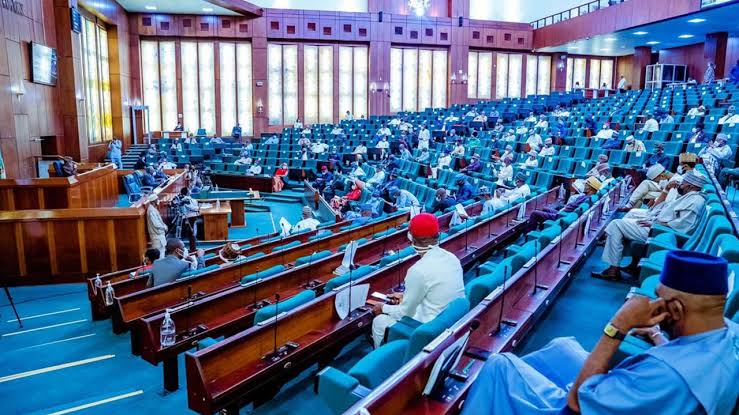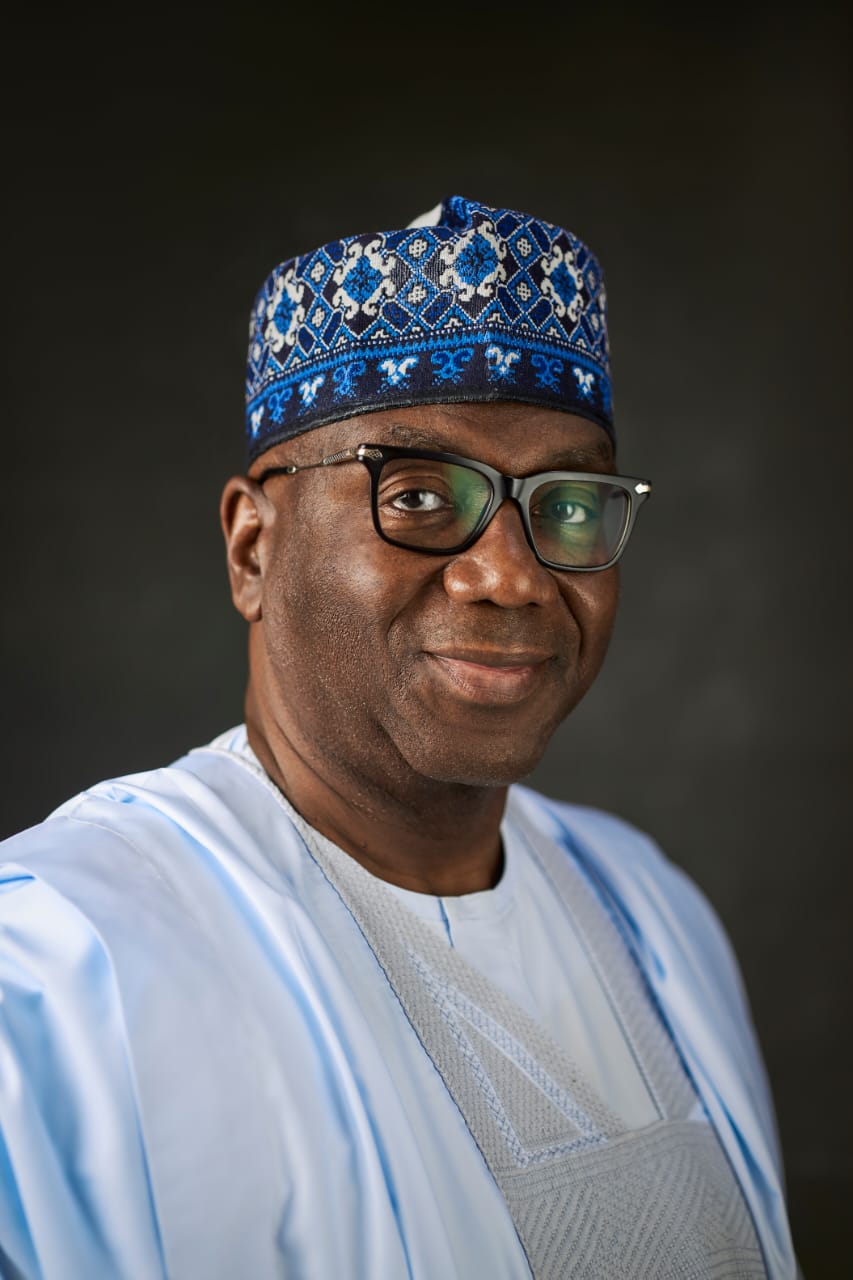
The House of Representatives on Thursday called on the Federal Government to review the Nigerian Curriculum for Primary and Secondary in line with current global market needs and contemporary realities.
The resolution was passed sequel to the adoption of a motion sponsored by honourable representing Ede North/Ede South/Egbedore/Ejigbo federal constituency, Bamidele Salam.
Leading the debate, Hon. Salam observed that Nigeria’s traditional curriculum, for primary and secondary schools, faces challenges compared to advanced nations, while it equips students with knowledge, it prioritizes rote learning over practical skills like critical thinking and problem-solving, which are very crucial in current labour market, the curriculum might have a stronger focus on national subjects, potentially limiting exposure to global perspectives necessary to navigate the interconnected world.
“The House also notes that Nigeria faces challenge in aligning its educational curriculum with advanced countries, traditionally, the Nigerian curriculum has emphasized rote memorization and standardized testing, while this approach lays a strong foundation in core subjects.
He however noted that the curriculum often falls short in: developing critical thinking and problem-solving skills: advanced economies prioritize fostering analytical abilities and encouraging students to approach challenges with innovative solutions; equipping graduates with industry-relevant skills: the curriculum in developed nations often integrates practical training and exposure to real-world scenarios, preparing students for the specific demands of the job market and embracing technological advancements: integrating technology effectively into the learning process is crucial for success in today’s world.
“This area might require significant improvement in resource allocation and teacher training in Nigeria compared to its more technologically advanced counterparts.
“The House is aware that the world is in flux, skills needed to thrive are constantly evolving, demanding a critical evaluation of current educational systems, the traditional curriculum may not adequately equip graduates for the dynamic labour market to bridge this gap, a comprehensive review of educational programmes at all levels is essential.
“The House is also aware that the review should focus on aligning learning outcomes with the demands of the contemporary world, fostering critical thinking, innovation and equipping students with tools lost navigate an increasingly digital landscape, to ensure education system remains relevant and empowers individuals to succeed in the ever-changing world.
“The House is worried that the curriculum prioritizes theoretical knowledge and rote memorization over equipping students with the practical skills increasingly demanded by the globalized job market, this could leave Nigerian Graduates unprepared for the realities of workplace expectations.
“The House is also worried that Nigerian curriculum, compared to advanced countries, lack sufficient technology integration, hindering digital literacy skills necessary to thrive in a tech-driven world.
“The House is concerned that the rigid curriculum structure limits student exploration and overlook global perspectives, potentially hindering Graduates’ adaptability and competitiveness in the interconnected world.
“The House is also concerned that a heavy reliance on standardized tests restrict opportunities for fostering critical thinking, creativity, and problem-solving skills,” Hon. Salam stressed.
To this end, the House tasked Federal Ministry of Education in conjunction with State Ministries of Education to conduct a comprehensive review of the curriculum across primary, secondary and tertiary institutions and align the curriculum with evolving global market demands, emphasizing skills like critical thinking, problem-solving, digital literacy, and adaptability.
The House also urged Federal Ministry of Education to look into the present implementation strategy.
The lawmakers also underscored the need to integrate practical applications, promote critical thinking and innovation, and enhance digital literacy; nurture essential soft skills like communications, teamwork, and interpersonal skills, as well as address resource disparities and ensure equitable access to qualified teachers, updated learning materials, and proper infrastructure.
The lawmakers further harped on the need to incorporate a global perspective, broadening the curriculum to encompass international issues and fostering global citizenship.
Hence, the House mandated the joint Committees on Basic Education and Services and University Education to ensure compliance. (Tribune)









